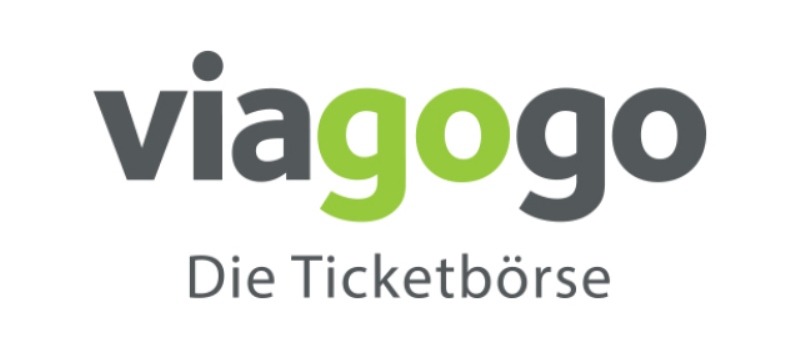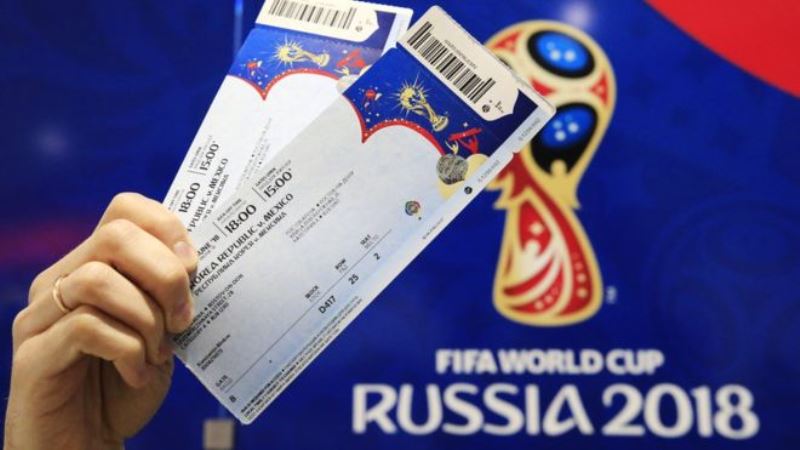 FIFA on Tuesday said it had filed a criminal complaint against the controversial secondary ticketing firm Viagogo, warning fans that World Cup tickets bought through the site could be rejected at the gate.
FIFA on Tuesday said it had filed a criminal complaint against the controversial secondary ticketing firm Viagogo, warning fans that World Cup tickets bought through the site could be rejected at the gate.
World football’s governing body accused Viagogo of “opaque and deceptive business conduct”, opening a new front in the intensifying battle between the sportsand entertainment industries against websites seeking a share of their profits.
In a statement, FIFA said the complaint lodged with Geneva prosecutors on June 4 was intended “to protect the fans and prevent unauthorised ticket resales for the 2018 FIFA World Cup in Russia”, which kicks off in nine days.
The company did not immediately respond to a request for comment sent via email.
While Viagogo is reportedly based in Geneva, a Swiss phone number listed for the company was disconnected, while multiple British numbers for Viagogo were all answered by the same automated message.
In a stark warning to football fans headed to Russia, FIFA cautioned that “tickets purchased via unauthorised distribution channels, including all tickets purchased through Viagogo AG, will be cancelled once identified”.
“FIFA reserves the right to refuse entry to the stadium to any holder of such tickets.”
FIFA also reminded that its own website — fifa.com/tickets — was “the only official and legitimate website” where match tickets can be bought.
– Controversial company –
FIFA is not the first organisation to take aim at Viagogo.
European football confederation UEFA stepped up its battle against secondary ticket sites ahead of the Euro-2016 tournament, when it established its own online resale platform and asserted that no one but UEFA could legitimately sell match tickets.
UEFA’s Paris-based lawyer Jean-Francois Vilotte told AFP on Tuesday that the company has already been unequivocally condemned in French courts but has continued breaking the law, notably through “trademark violation”.
The website “tries to organise itself to make sure that it won’t be impacted when court decisions are enforced”, Vilotte said.
Viagogo was founded in 2006 by American dotcom entrepreneur Eric Baker, who also pioneered the US secondary ticket seller Stubhub, which was bought by online retailer eBay in 2007 for more than $300 million (257 million euros).
The company describes itself as “a global online platform for live sport, music and entertainment tickets”, that aims to “helps ticket sellers ranging from individuals with a spare ticket to large multi-national event organisers reach a global audience”.
But its practices have come under mounting scrutiny, notably accusations of steep price markups and charges that it fails to inform customers about the risks of tickets listed on the site.
Last month, English singer Ed Sheeran and his promoters announced that tickets for his concerts sold on Viagogo would be deemed invalid.
– Global investigations –
The Geneva prosecutors office did not immediately respond to queries about the case, but if it moves forward it will merely add to a growing list of Viagogo’s legal troubles.
Last year, Australia’s Competition and Consumer Commission took Viagogo to court over claims it “engaged in misleading or deceptive conduct” by failing to disclose heavy fees, a statement said.
Separately in Britain, the Competition and Markets Authority singled out Viagogo as the sole secondary ticket seller which had refused to make changes that the regulator deemed necessary to protect consumers.
Key among those recommended changes was providing better information to the seller about the ticket, including whether there was a risk it could be rejected at the venue.
British authorities warned Viagogo in April that the company would face legal action if it continued to reject calls for change. – Agence France-Presse
































